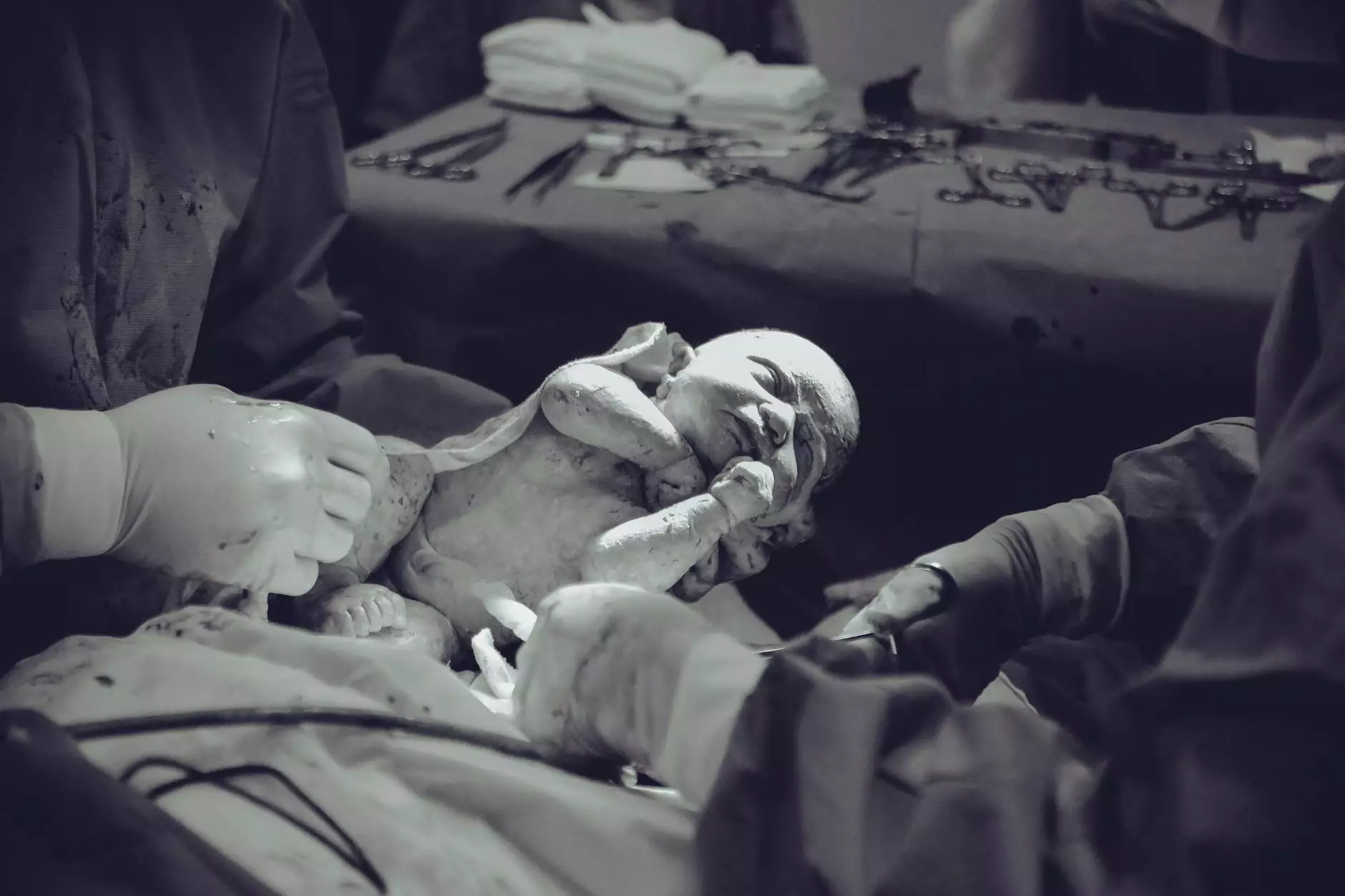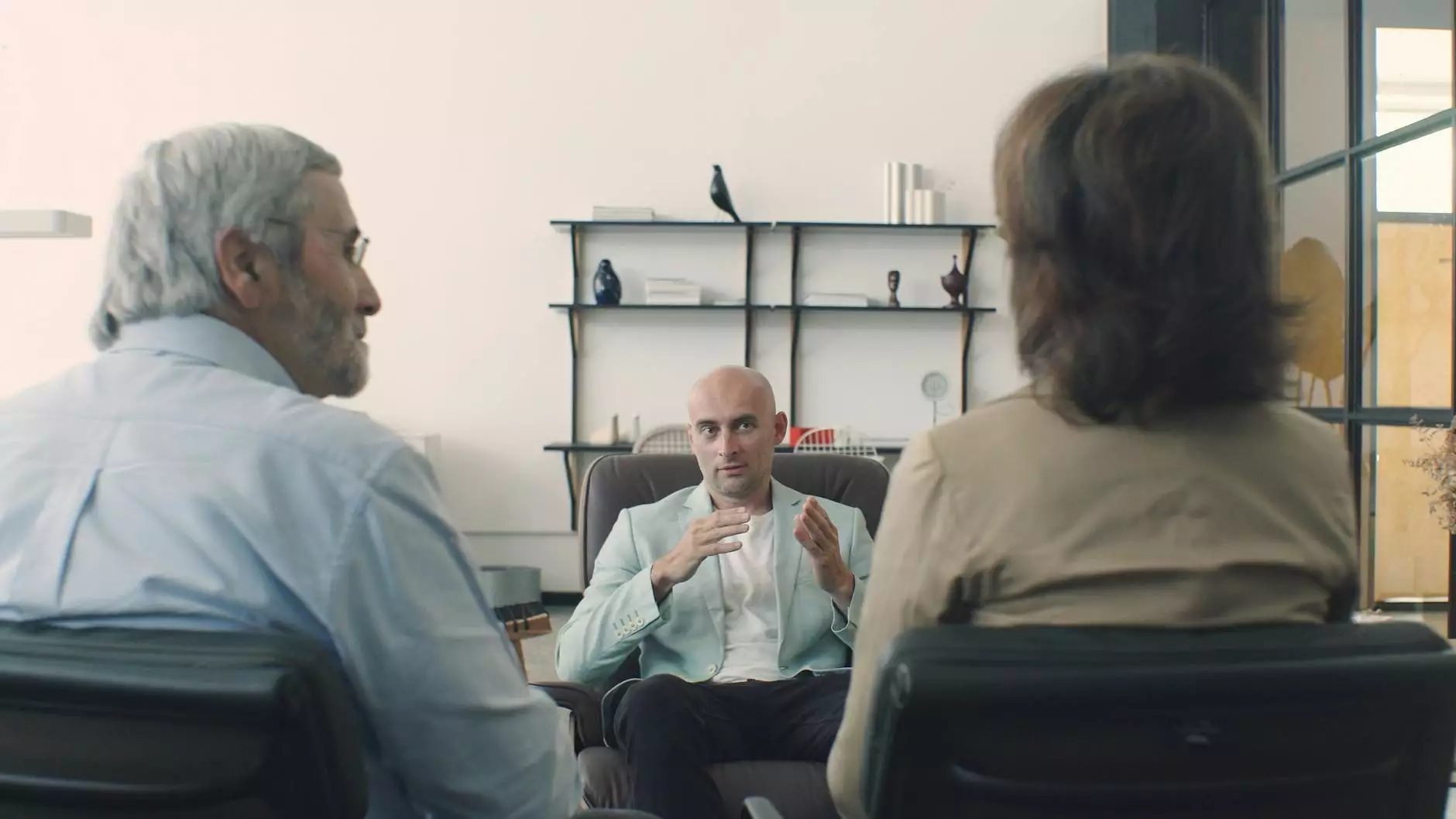The Ugly Truth About RSV
Health
Understanding RSV
RSV, or Respiratory Syncytial Virus, is a highly contagious viral infection that affects the respiratory system. It primarily targets young children and older adults, but anyone can contract it. RSV can cause severe respiratory illness and is a leading cause of bronchiolitis and pneumonia in infants.
Transmission and Spread
RSV spreads through respiratory droplets when an infected person coughs or sneezes. It can also survive on surfaces, making it easy to contract when touching contaminated objects and then touching your face. Crowded areas with close contact facilitate the transmission of the virus.
Symptoms and Complications
The symptoms of RSV may vary depending on age, with infants being more vulnerable to severe complications. Common symptoms include:
- Coughing
- Sneezing
- Runny or stuffy nose
- Fever
- Wheezing
- Difficulty breathing
- Reduced appetite
- Irritability
- Lethargy
Complications associated with RSV can be life-threatening, especially for infants and older adults. Severe cases may lead to pneumonia, bronchiolitis, or respiratory failure. Monitoring symptoms and seeking medical attention is crucial to ensure timely and appropriate treatment.
Prevention and Protection
Preventing the spread of RSV is essential to safeguarding your health and the health of those around you. Here are some preventative measures to consider:
- Frequent Handwashing: Clean hands with soap and water or use hand sanitizer when soap is unavailable.
- Avoid Close Contact: Steer clear of individuals displaying symptoms or who have been diagnosed with RSV.
- Cover Mouth and Nose: Use a tissue or inner elbow when coughing or sneezing and dispose of the tissue properly.
- Clean and Disinfect: Regularly clean frequently touched surfaces and objects to minimize the risk of transmission.
- Vaccination: While no specific vaccine is available for RSV, certain high-risk individuals may be eligible for preventative monoclonal antibody treatment.
Diagnosis and Treatment
RSV diagnosis typically involves a combination of physical examination, reviewing symptoms, and conducting laboratory tests. A nasal swab or respiratory secretion sample may be analyzed to confirm the presence of the virus.
Treatment for RSV focuses on managing symptoms, preventing complications, and providing supportive care. Depending on the severity of the infection, treatment options may include:
- Rest and fluid intake to stay hydrated and aid recovery
- Over-the-counter pain relievers to reduce fever and discomfort
- Prescription antiviral medications in severe cases or for high-risk individuals
- Supplemental oxygen or ventilator support for those with respiratory distress
Consult Kelley Tim PA-C, Your Trusted Health Partner
Understanding the ugly truth about RSV is vital in protecting yourself and your loved ones. As a dedicated healthcare professional in the field of health, Kelley Tim PA-C is here to offer trusted guidance, resources, and medical support.
Whether you require advice on preventative measures, personalized treatment plans, or have concerns regarding RSV, Kelley Tim PA-C will provide compassionate care to address your needs. Trust Kelley Tim PA-C for reliable information and professional healthcare assistance.




